Generations Protecting the Environment
By Len Zaleski
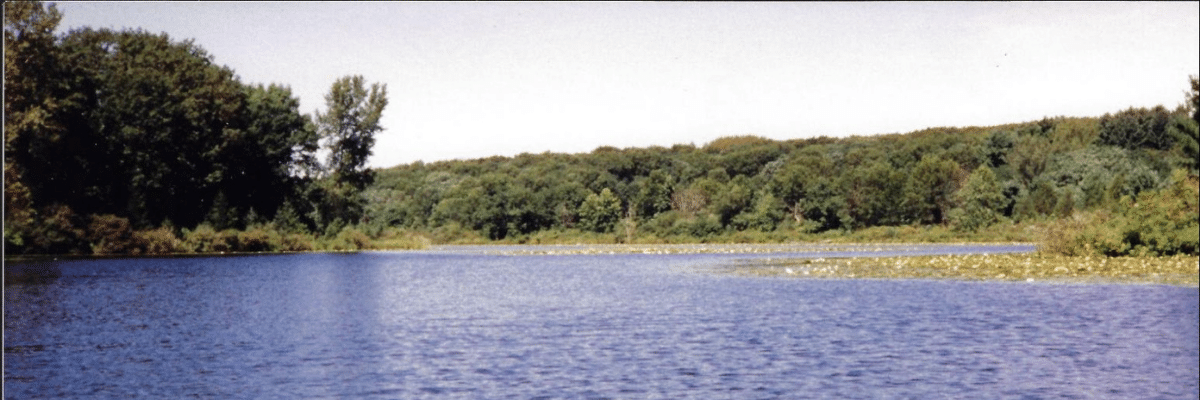
The House on Peppermill Lake:
In a small town 30 minutes away from Wisconsin Dells, my grandpa chose to build a home for himself and his family on Peppermill Lake. A small, 53-acre lake with a collection of bass, pike, and panfish, you would often see my grandpa on the lake in his boat going on fishing trips. My grandpa built that home and pier by himself, and he took a lot of pride in the job he did. That pride translated into a love of the lake and the ecosystem just a few feet under the water.
When I would go up with my grandparents to the “Wisconsin home,” as we called it, my grandpa would take me fishing on the lake. I learned how to set up my reel on a fishing rod, get bait ready, and learned about the best spots to catch fish. From an early age, this love of the natural world and its environment stuck with me. My grandpa would only allow us to catch a certain number of fish and only certain kinds to maintain the ecology of the lake.
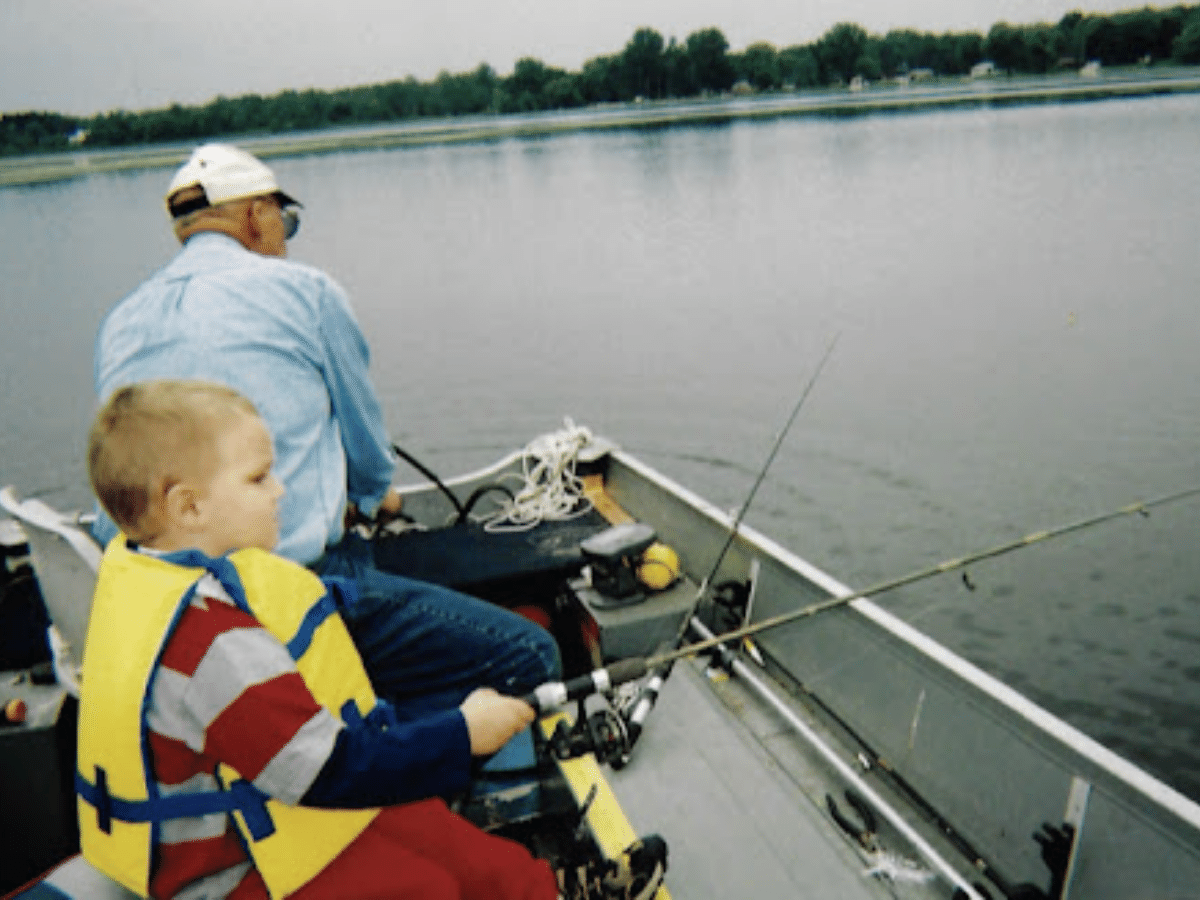
Caring for the Lake:
Around the 1990s, my grandpa noticed an uptick in an invasive species which was harming the wildlife in Peppermill Lake. An invasive species to the state of Wisconsin, eurasian milfoil blocks out sunlight and forms a canopy over lakes in many states, killing off native plants and fish. As Peppermill Lake faced this invasive species, several types of fish and plants struggled to survive. Milfoil thrives in water with warmer temperatures, something exacerbated by climate change. My grandpa saw this threat, and contacted several university professors and wildlife experts to find out how he and others on the lake could combat eurasian milfoil. After consulting with them, my grandpa set out to stop the invasive plant from hurting the lake and ecosystem he loved.
Through coordination with other residents, he set up a chemical treatment system to kill off eurasian milfoil across Peppermill Lake. It took many years to get done, but my grandpa effectively removed the invasive species from the lake, and the water was able to take in sunlight and help native weeds and plants grow back, giving the food needed to the fish. His efforts began at the milfoil, but it did not stop there. My grandpa became inspired to continue conservation efforts and stewardship of the lake.
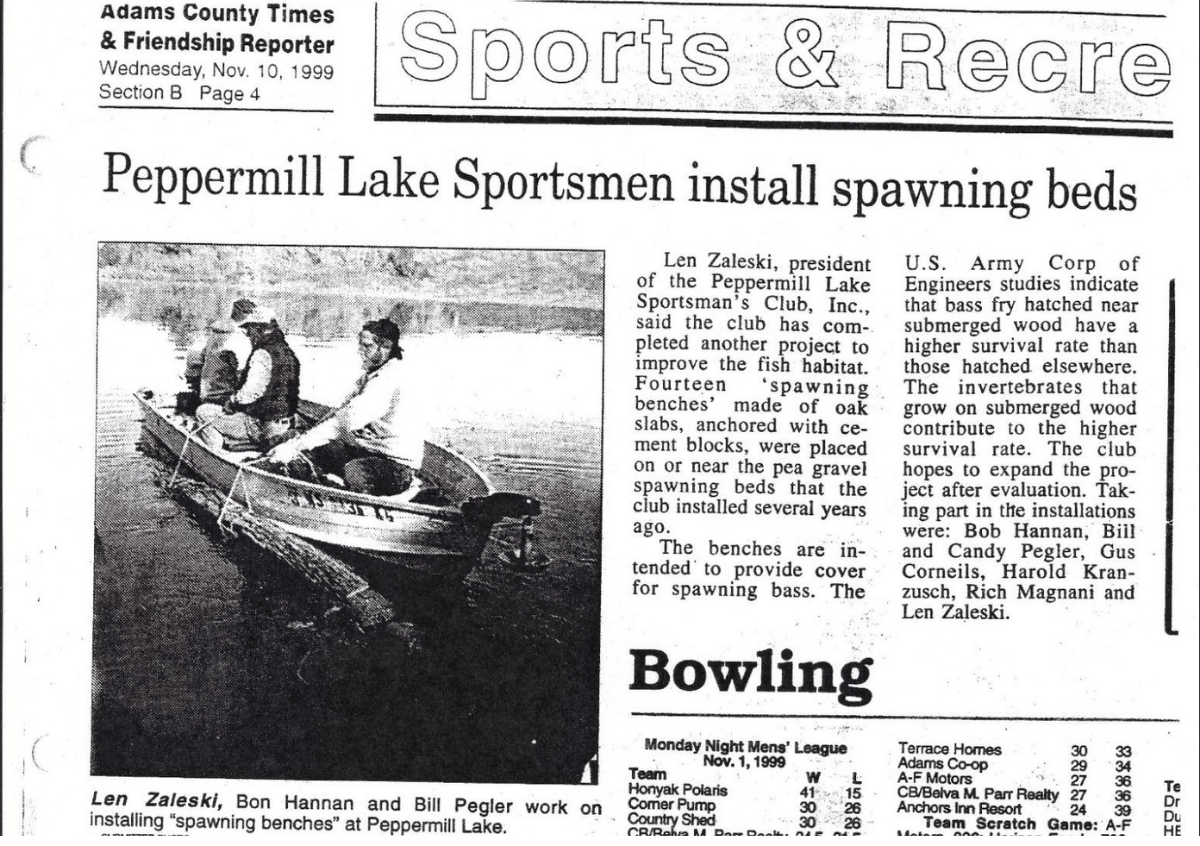
After fighting the invasive species, he tried to focus on proper lake management. For my grandpa, this took many forms. First, he set up aeration for the lake to prevent fish deaths from freezing. Next, he set up several spawning beds, fish cribs, and a droptree program that protected fish. All of these measures helped protect fish populations in the lake and protected wetlands vital to the lake. His efforts were noticed by the state of Wisconsin, and he was nominated for a lake steward award. Additionally, he was the only finalist ever chosen from out of state.
My grandpa’s environmental work had a massive impact on me, especially as I began college at the University of Dayton. He and I would discuss environmental issues, and I learned a lot from my grandpa about ecology, and how humans can impact climate and the environment. He was one of my motivating factors to join my school’s sustainability club, and I would eventually become the community engagement chair of the club, where I engaged our members in climate and environmentally focused service projects in the Dayton community.
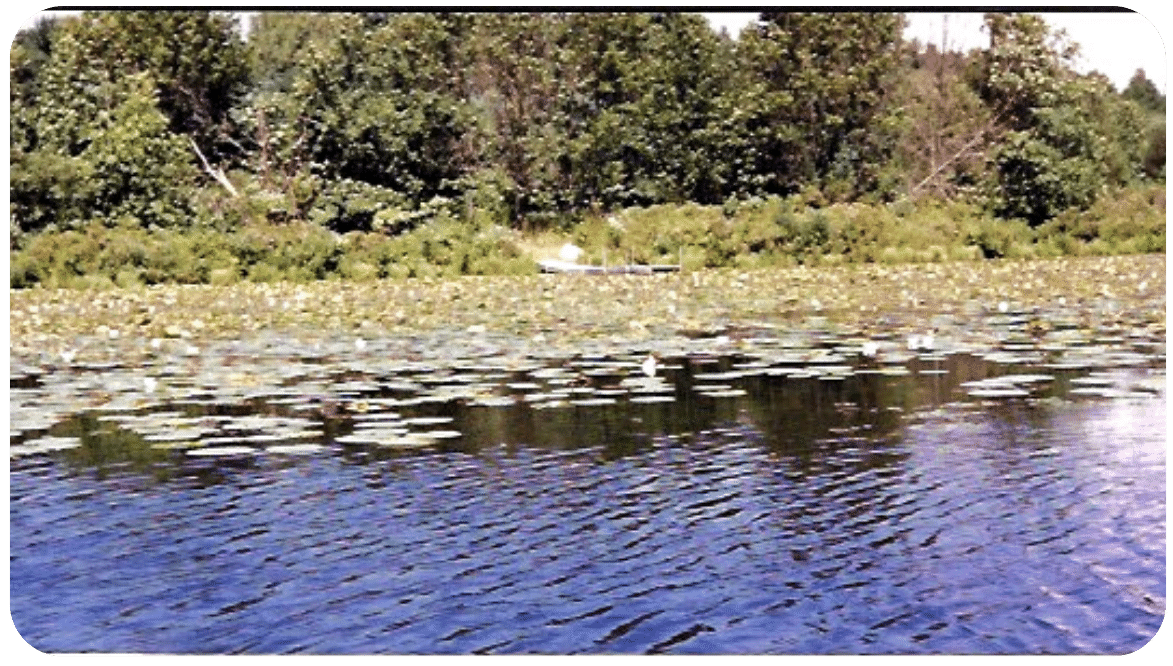
Inspiring the Next Generation:
After joining the sustainability club at my school, I spent a year in the Dayton community serving with AmeriCorps, a collection of government agencies promoting service and volunteerism in America. From there, I became a member of ServeOhio’s Leadership program, and the service project I coordinated focused on food deserts and food scarcity in a neighborhood in West Dayton. My grandpa inspired me to continue the work of caring for the environment, and this interest would fuse with my interest in advocacy and communications for my summer internship with the Ohio Environmental Council in Columbus, Ohio.
“Just as my grandpa taught me about the lake, ecology, and the need for stewardship, I got to impart what I learned about renewable energy, and why it mattered to me.”
During my previous internship, I focused on issue advocacy and political communications through multiple platforms. My passion for the environment and the issues many communities faced, such as water pollution and energy, helped guide the subjects I engaged audiences in for my first real world job experience. While I was in Columbus, I would call my grandpa and talk to him about the work I was doing, and from what I learned with my job I was able to teach him about some of the different ways we can use solar and wind energy to supplement oil. Just as my grandpa taught me about the lake, ecology, and the need for stewardship, I got to impart what I learned about renewable energy, and why it mattered to me. His passions helped inform mine, and I was able to fuse it with my own career aspirations to advocate for issues that mattered to me.
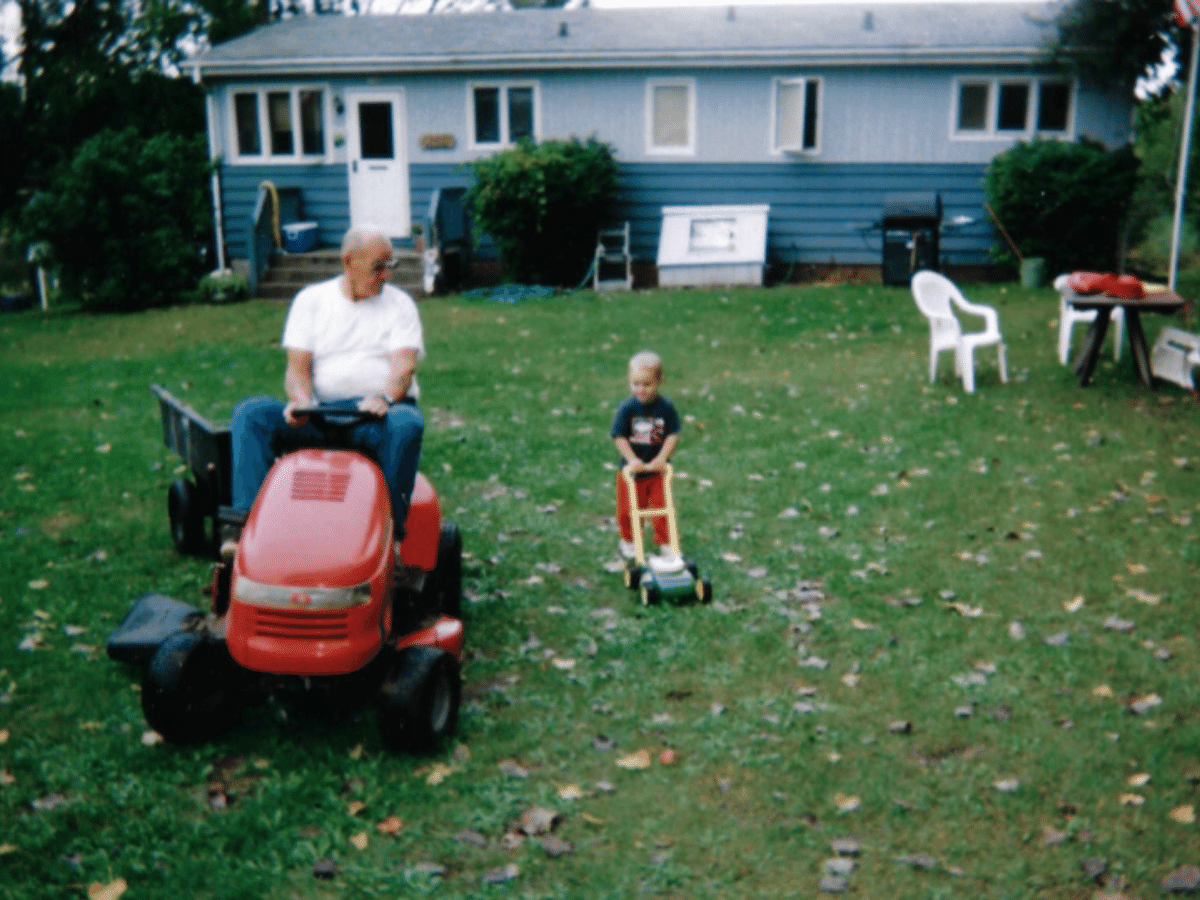
My grandpa is a role model for me, and he remains one of my biggest inspirations in protecting the environment and fighting for a better future for the generation after mine, just as he passed on a cleaner and safer lake to his grandson. We had different passions and areas of interest in the environment, but we were both inspired to fight for the environment, and learned from each other about things we were not as knowledgeable about originally. In fighting for a better environment, clean water, clean energy, biodiversity, and native species, we must continue to inspire others to get involved and protect our world to pass it on to those after us. Every generation has something to teach us about the environment and climate change, and listening to them brings us wisdom necessary to fight for a better future. Reach out to different generations and find ways to connect with them about the environment, and why it matters to you and them. Talk to friends, your family, your school, and your legislators about the issues that matter to you. It may seem insignificant, but it only takes one person to make a difference.
